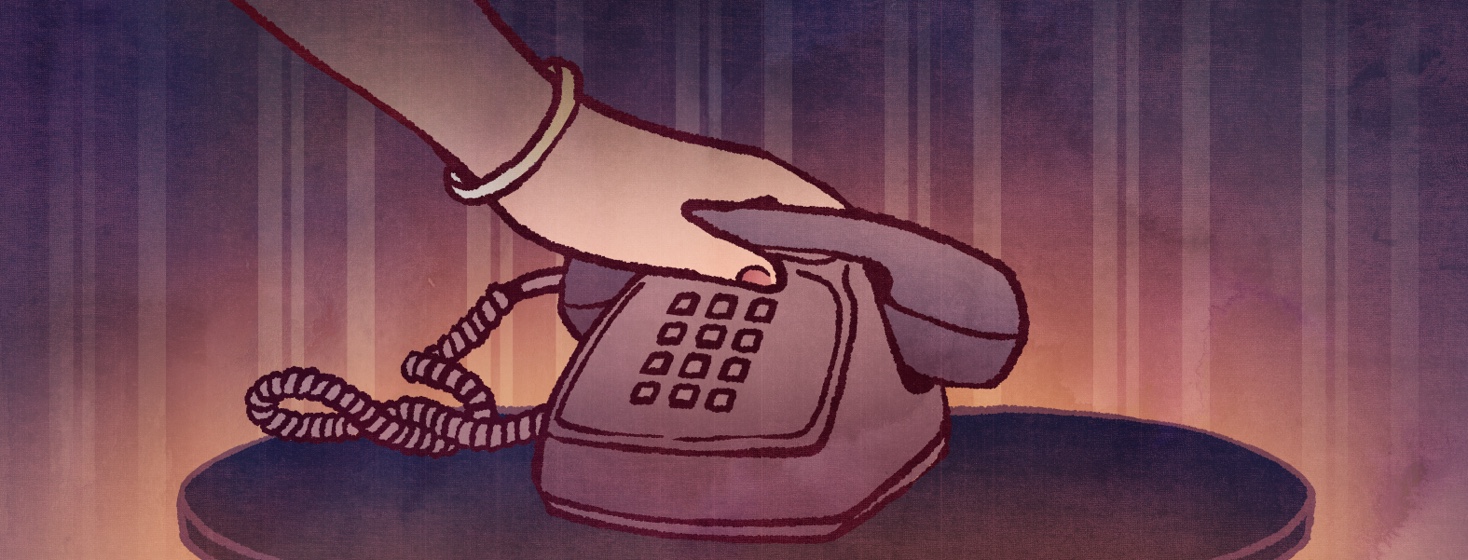Dealing with Unsupportive People During Your Cancer Journey
Having a team of supporters during your cancer journey is extremely beneficial to your physical and mental health. As I stated in a prior article, building this team is of tremendous value soon after your diagnosis. It also is important that they are a diverse group of people.
Unfortunately, sometimes you find that people are not supportive and it can have a negative effect on you.
The disheartening impact
If cancer does not impact us enough, finding out that there are people in our inner circle who either do not believe our disease diagnosis is true or do not support our treatment options can be very disheartening. Unfortunately, for some, this is a fact of life.
It can be difficult to open up to friends when you have been diagnosed with cancer or any disease but to have people "pooh-pooh" your diagnosis is sometimes shocking.
It's hard to be open about a cancer diagnosis
I recall when I finally felt comfortable speaking with Jackie, a long-time friend, about my diagnosis and options. Jackie is a great person but is very direct with a limited filter - if you know what I mean.
I knew that my daughter had told her of the diagnosis, and that was fine. She is a close friend and one of a group that goes shopping, traveling, to movies and restaurants together often.
Accepting that we are all different in our beliefs
When I said that I needed to make a decision about treatment because time was of the essence, she asked, "What if you do not seek treatment?" I told her that first of all that was not something I even considered.
Secondly, my doctor said I might have 5 years left if I did nothing. She immediately said, "He did not say that. That is crazy." I was dumbfounded and responded that he did say that, but I definitely was moving forward with treatment.
Downplaying my cancer and criticizing my choices
I was leaning toward a radical cystectomy (RC) and ileal conduit, an external bag.
Jackie questioned having a bag with RC because her husband has a temporary one every few years due to severe Crohn's disease. She said that I would hate it and regret it forever. She wanted me to go to other doctors and constantly either downplayed my cancer or criticized my treatment choices. I realized how stressed I was around Jackie, as every conversation was about my cancer and how she would do things differently.
I needed a break from my life being about cancer 24/7 and my times with Jackie were doing just the opposite.
Temporarily breaking ties with unsupportive people
I never expected someone who was a close friend to be so vocal about choices that only affected me. I realized one day that it was impacting me emotionally, and I needed to temporarily sever our ties. I called Jackie up and told her that I had enjoyed her friendship for many years but was finding it challenging lately. I explained that positive support was essential to me.
I needed people to support my decisions and, if not, to be kind in their words and actions. I tried to explain that being the person directly affected was much different than being someone who was not. I told her I would reach out after my surgery was complete and I was back to my "normal" life again.
She seemed to accept my decision and said very little. I know that she received updates from my circle of friends but we had no contact for a few months and I was fine with that.
The return to friendship can have hardships
I had my surgery on September 30, 2014. I called Jackie in December to wish her happy holidays. She asked how I was, and I said great, and that was the end of that subject.
In the end, things turned out fine with our friendship, but I do not speak with her about changes, hurdles, or milestones. I rarely talk about my cancer to friends these days because it has been 6 years since my surgery.
If the subject comes up, which is rare these days, it is because someone in our group of friends has another friend or family member who has received a cancer diagnosis. I am fine with the lack of discussion about my cancer and only bring it up if it will benefit someone else in some way.
A sad epilogue
As for Jackie, our friendship is back on track, and we do not discuss the time when our friendship was strained. An epilogue to this story is sad but true.
I found out last week from my daughter that Jackie's 80-year-old mother was just diagnosed with stage 4 bladder cancer and was immediately put on hospice care. Unfortunately, as with too many people, her cancer was found very late. My hope is that I can be of some comfort to Jackie and her mother in their final days together.
She has yet to mention her mother's diagnosis to me, and I have not brought it up. Maybe I am now someone she can talk to about other things than the nightmare her mother is dealing with. I certainly hope that I can always be the soft place for someone to land when they are dealing with the unfair moments that life springs on us.
How have you dealt with unsupportive people after a bladder cancer diagnosis? Tell us in the comments below, or share your story with the community.

Join the conversation